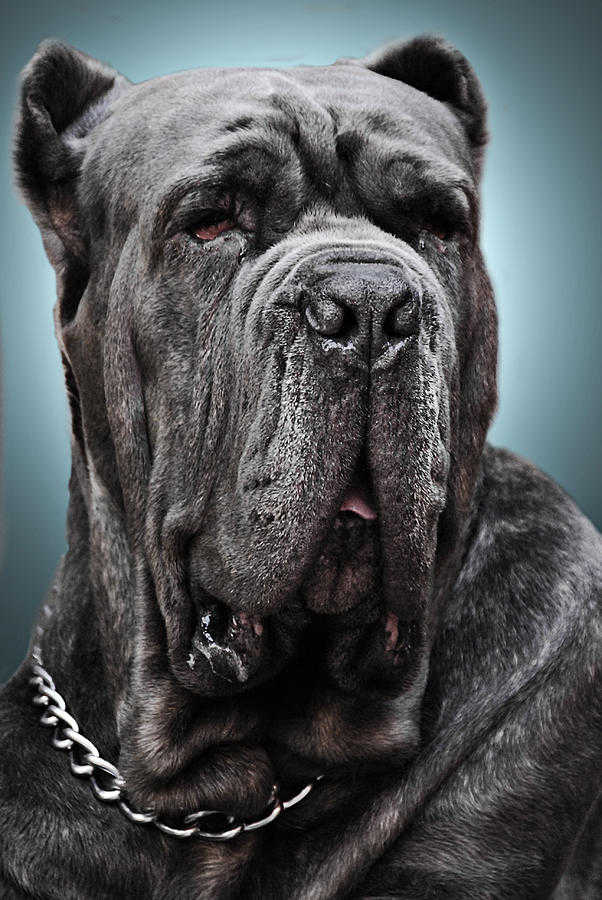When it comes to canine companions, not all dogs are created equal, especially regarding temperament and safety. The topic of the most dangerous dogs in the world is often met with strong opinions and emotions. Understanding these breeds is crucial for dog owners, potential adopters, and anyone who interacts with dogs. In this article, we will explore the characteristics, behaviors, and statistics surrounding some of the most dangerous dog breeds, offering valuable insights and expert knowledge on the subject.
The perception of danger in dog breeds is often influenced by media portrayals, historical contexts, and individual experiences. However, it is important to remember that a dog's behavior is significantly shaped by its upbringing, training, and socialization. In this comprehensive guide, we will delve into the specifics of each breed, highlighting their traits, potential risks, and the importance of responsible ownership.
Whether you are a current dog owner or considering bringing a new pet into your home, understanding the most dangerous dog breeds can help prevent unfortunate incidents. Join us as we navigate through the world of canines, focusing on the breeds that have garnered a reputation for being dangerous, and learn how to interact safely with them.
Table of Contents
- What Makes a Dog Dangerous?
- Biography of Dangerous Dogs
- Statistics on Dog Bites
- Responsible Dog Ownership
- Training and Socialization
- The Role of Breeders
- Conclusion
What Makes a Dog Dangerous?
Understanding what makes a dog potentially dangerous involves several factors. These include:
- Temperament: Certain breeds have temperamental traits that can be more aggressive or territorial.
- Size and Strength: Larger breeds can cause more harm due to their physical capabilities.
- Socialization and Training: Dogs that lack proper socialization or training may exhibit dangerous behaviors.
- Genetics: Some breeds have a predisposition to aggressive behavior, although this is not definitive.
Biography of Dangerous Dogs
To better understand some of the most dangerous dogs, let's take a closer look at a few specific breeds that frequently appear in discussions about canine aggression.
Pit Bull Terrier
| Attribute | Details |
|---|---|
| Origin | United States |
| Weight | 30-85 lbs |
| Temperament | Confident, loyal, intelligent |
| Common Issues | Aggression towards other animals, needs proper training |
Pit Bull Terriers are often labeled as dangerous due to their strength and tenacity. However, with proper training and socialization, they can be loving and loyal companions.
Rottweiler
| Attribute | Details |
|---|---|
| Origin | Germany |
| Weight | 80-135 lbs |
| Temperament | Confident, fearless, good-natured |
| Common Issues | Protective instincts may lead to aggression |
Rottweilers are known for their loyalty and protective nature. They require experienced owners who can train and socialize them properly to prevent aggressive behaviors.
German Shepherd
| Attribute | Details |
|---|---|
| Origin | Germany |
| Weight | 50-90 lbs |
| Temperament | Intelligent, alert, loyal |
| Common Issues | Can be protective, requires socialization |
German Shepherds are often used in police and military roles due to their intelligence and loyalty. They require consistent training to ensure they remain well-adjusted pets.
Doberman Pinscher
| Attribute | Details |
|---|---|
| Origin | Germany |
| Weight | 60-100 lbs |
| Temperament | Loyal, alert, intelligent |
| Common Issues | Can be suspicious of strangers, needs socialization |
Doberman Pinschers are known for their loyalty and intelligence. They require dedicated training and socialization to curb any potential aggression towards unfamiliar people or animals.
Statistics on Dog Bites
According to the American Veterinary Medical Association (AVMA), approximately 4.5 million dog bites occur each year in the United States alone. Here are some key statistics:
- About 1 in 5 dog bites require medical attention.
- Children are the most common victims of dog bites, accounting for nearly 50% of incidents.
- The breeds most often involved in bite incidents include Pit Bulls, Rottweilers, and German Shepherds.
These statistics highlight the importance of understanding dog behavior and the necessity for responsible ownership.
Responsible Dog Ownership
Owning a dog, especially a breed known for its potential danger, comes with significant responsibilities. Here are some tips for responsible dog ownership:
- Research the breed before adoption to understand their needs and temperament.
- Commit to ongoing training and socialization from an early age.
- Provide regular exercise and mental stimulation to prevent behavioral issues.
- Keep your dog on a leash in public spaces and consider using a muzzle if necessary.
Training and Socialization
Proper training and socialization are crucial for all dogs but especially for those breeds that can be perceived as dangerous. Here are some key aspects:
- Early Socialization: Expose your dog to a variety of people, environments, and other animals from a young age.
- Obedience Training: Teach basic commands and reinforce appropriate behaviors to build a strong bond and understanding.
- Professional Help: Consider hiring a professional trainer, especially for breeds that are challenging to manage.
The Role of Breeders
Choosing a responsible breeder is essential for ensuring that you get a healthy and well-tempered dog. Here are some factors to consider:
- Look for breeders who prioritize health testing and temperament over aesthetics.
- Ask about the socialization process for the puppies before they go to their new homes.
- Seek breeders who are willing to provide references and are involved in the breed community
Wyatt Nash: The Rising Star In Hollywood
Kianna Dior Husband: Exploring The Life And Love Of The Adult Film Star
Funny Nicknames For Boyfriend: A Guide To Endearing And Hilarious Names


